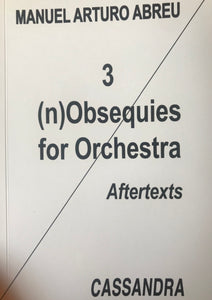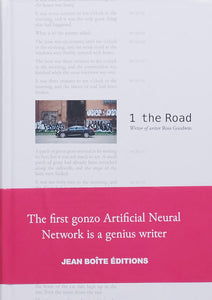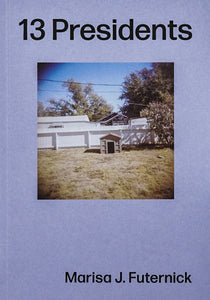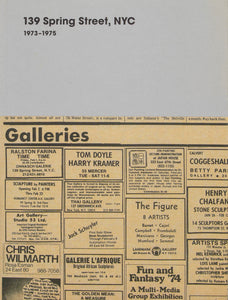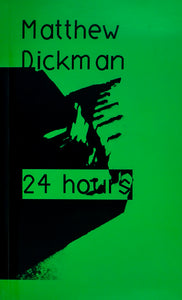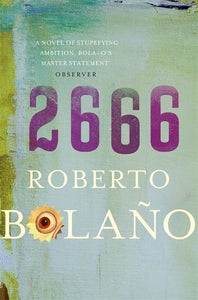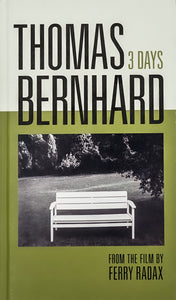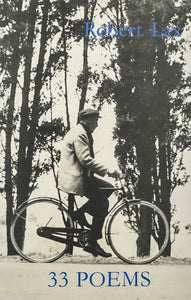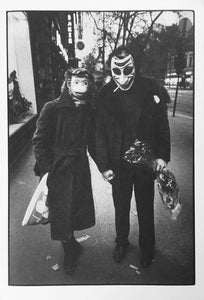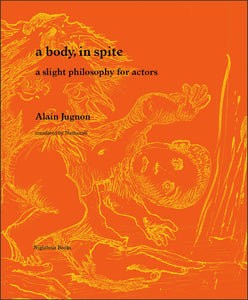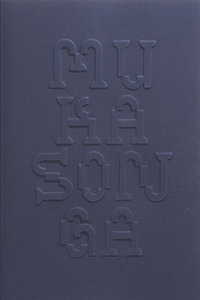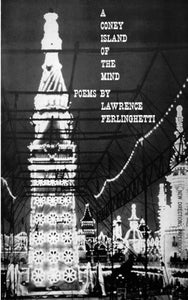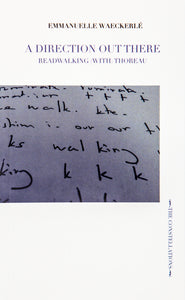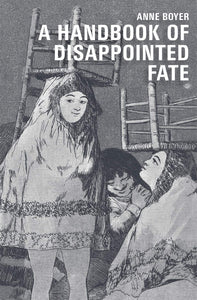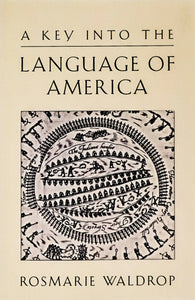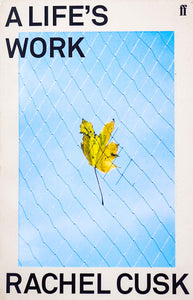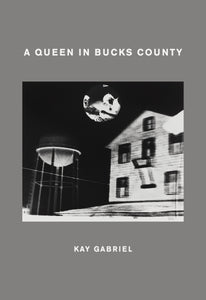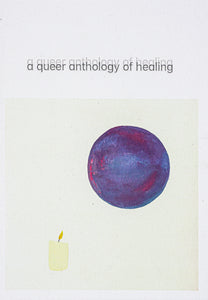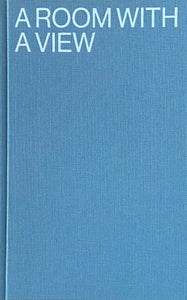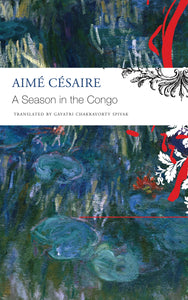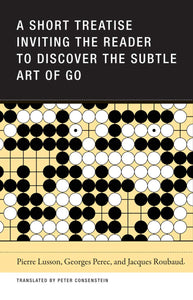Thomas Bernhard: Collected Poems
Thomas Bernhard



Beloved Austrian writer Thomas Bernhard (1931–89) began his career in the early 1950s as a poet. Over the next decade, Bernhard wrote thousands of poems and published four volumes of intensely wrought and increasingly personal verse, with such titles as On Earth and in Hell, In Hora Mortis, and Under the Iron of the Moon. Bernhard’s early poetry, bearing the influence of Georg Trakl, begins with a deep connection to his Austrian homeland. As his poems saw publication and recognition, Bernhard seemed always on the verge of joining the ranks of Ingeborg Bachmann, Paul Celan, and other young post-war poets writing in German. During this time, however, his poems became increasingly obsessive, filled with an undulant self-pity, counterpointed by a defamatory, bardic voice utterly estranged from his country, all of which resulted in a magisterial work of anti-poetry—one that represents Bernhard’s own harrowing experience, with the leitmotif of success–failure, that makes his fiction such a pleasure.
For all of these reasons, Bernhard’s Collected Poems, translated into English for the first time by James Reidel, is a key to understanding the irascible black comedy found in virtually all of Bernhard’s writings—even down to his last will and testament. There is much to be found in these pages for Bernhard fans of every stripe.
For all of these reasons, Bernhard’s Collected Poems, translated into English for the first time by James Reidel, is a key to understanding the irascible black comedy found in virtually all of Bernhard’s writings—even down to his last will and testament. There is much to be found in these pages for Bernhard fans of every stripe.
Year
2017
Length
459 pages
Cover
Hardback
Binding
Perfect binding
Dimensions
13 x 20 cm.



